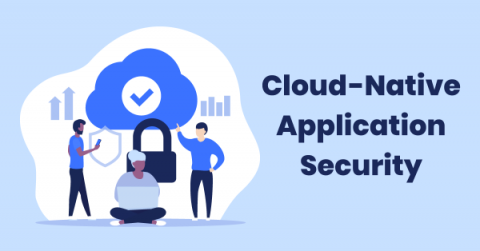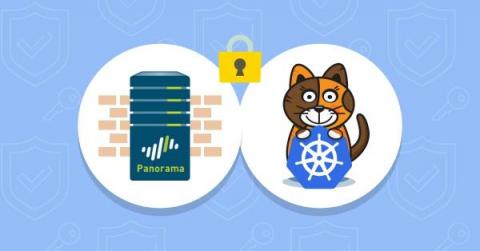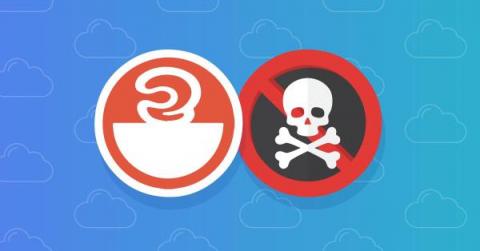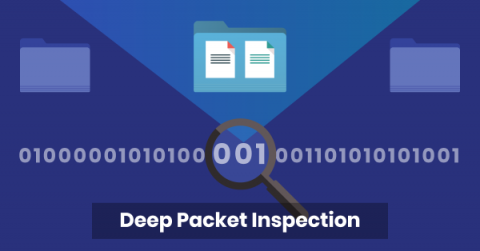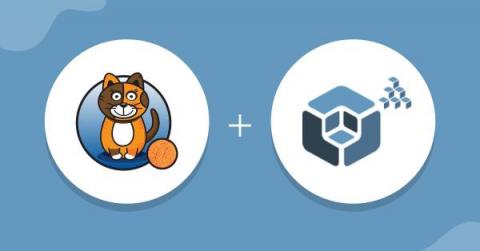Why you need Tigera's new active cloud-native application security
First-generation security solutions for cloud-native applications have been failing because they apply a legacy mindset where the focus is on vulnerability scanning instead of a holistic approach to threat detection, threat prevention, and remediation. Given that the attack surface of modern applications is much larger than in traditional apps, security teams are struggling to keep up and we’ve seen a spike in breaches.


